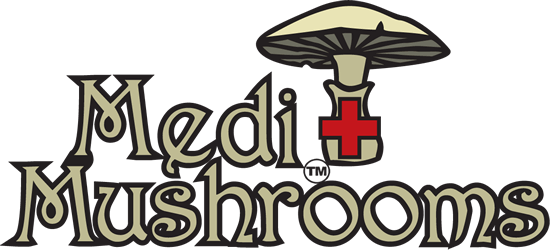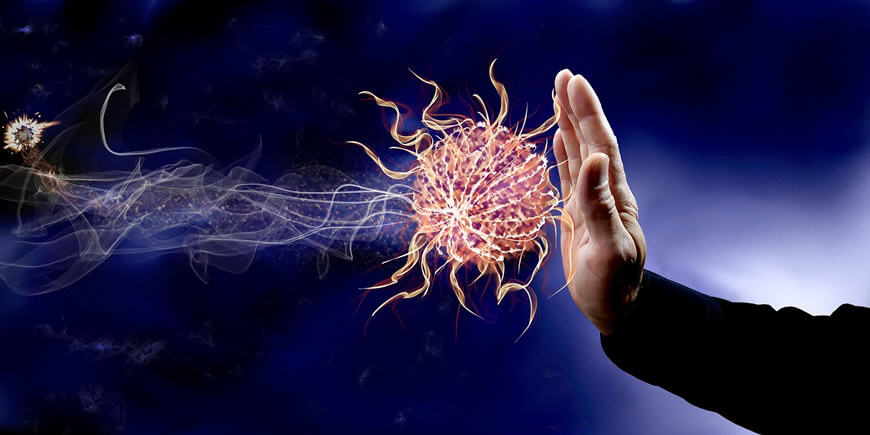*** IMPORTANT SHIPPING & DELIVERY NOTICE ***
Some international couriers continue to experience shipping delays.
We recommend you buy early and in bulk to avoid the impact of these delays.*** CELEBRATING 25 YEARS!!! ***
For 25+ years, we've been supporting a Healthy Body, Strong Spirit and Clear Mind!
Providing superior quality medicinal mushroom supplements
to customers in 74 countries around the world.Buy More & SAVE Big!
- Tap for Navigation
- Dietary Supplements ▼
- » Dr Alla's Cordyceps
- » Dr Alla's Lion's Mane
- » Dr Alla's Maitake
- » Dr Alla's Reishi
- » Dr Alla's Shiitake
- » Testimonials
- Symptoms Chart
- Get Advice ▼
- » FAQ
- » Health Consultations
- Dr Alla's Insights ▼
- » Medical Conditions
- » Mushroom Properties
- » Research Info ►
- » » Medical Quotes
- » » Reference Works
- » » Mushrooms - Why Special?
- About ▼
- » Dr Alla's Story
- » Testimonials
- » Trade Enquiries
- » Contact
- Customer Info ▼
- » Access My Account
- » Track My Order
- Navigation
- Dietary Supplements ▼
- » Dr Alla's Cordyceps
- » Dr Alla's Lion's Mane
- » Dr Alla's Maitake
- » Dr Alla's Reishi
- » Dr Alla's Shiitake
- » Testimonials
- Symptoms Chart
- Get Advice ▼
- » FAQ
- » Health Consultations
- Dr Alla's Insights ▼
- » Medical Conditions
- » Mushroom Properties
- » Research Info ►
- » » Medical Quotes
- » » Reference Works
- » » Mushrooms - Why Special?
- About ▼
- » Dr Alla's Story
- » Testimonials
- » Trade Enquiries
- » Contact
- Customer Info ▼
- » Access My Account
- » Track My Order
The immune system is the second most complex system in your body coming just after the nervous system.
The importance of the immune system is immense as it protects us against disease or other potentially damaging foreign bodies.
The properly functioning immune system identifies a variety of threats, including viruses, bacteria and parasites, and distinguishes them from the body's own healthy tissue, according to Merck Manuals.
It consists of cells, tissues and organs such as:
- Digestive system
- Bone marrow
- Tonsils
- Spleen
- Lymph nodes
- Skin
- Thin layer of skin on the inside of your nose, throat, and genitals
Types of Immunity
There are 2 types of immunity - innate immunity and adaptive immunity.
Innate immunity is the immune system that we are born with and it consists of barriers that prevent the foreign and harmful pathogens to harm us by keeping them out. It is not specific to any pathogens.
Adaptive immunity is acquired during the life span and it targets specific threats to the human body. When it comes to adaptive immunity, the threat must first be processed and identified by the body.
Only then the immune system starts creating antibodies specifically designed to that identified threat. After the threat is dealt with and neutralized, the adaptive immune system "remembers" this very specific invader, creates a “bank” of antibodies and uses them more efficiently in the future when it needs to fight the same invasion.
Here are the components of our immune system:
- Lymph nodes
- Spleen
- Bone marrow
- Lymphocytes
- Thymus
What is Immunodeficiency?
We call it immunodeficiency or a person is immunocompromised when the immune system is not able to effectively fight infectious disease, or a virus or cancer. This fight is compromised or entirely absent.
Signs and Symptoms of Immunodeficiency
These can include the following:
Frequent and recurrent
- Pneumonia
- Bronchitis
- Sinus infections
- Ear infections
- Meningitis
- Skin infections
Digestive problems
- Cramping
- Loss of appetite
- Nausea
- Diarrhea
Autoimmune disorders
- Rheumatoid arthritis
- Type 1 diabetes
- Lupus
Blood disorders
- Anaemia
- Low platelet counts
Frequent inflammation and infection of internal organs
Delayed growth and development
What medical conditions can weaken the immune system?
- Cancer
- Chemotherapy
- Autoimmune diseases
- Steroids
What are the complications of immunodeficiency?
What are the complications of immunodeficiency?
- Death as the result of serious infection
- Increased risk of cancer
- Recurrent infections
- Autoimmune disorders
- Damage to heart, lungs, nervous system or digestive system
- Slowed growth and development
What can we do to prevent immunodeficiency?
Innate or primary immune disorders are caused by genetic defects so there is nothing that we can do to prevent them.
But adaptive or acquired immunity can be prevented from being compromised.
Here are a few things that can and should be done:
- Wash your hands with soap after using the toilet and before eating.
- Practice good hygiene at all times.
- Take care of your teeth by brush at least twice a day.
- Eat healthy and balanced diet – include veggies, fruit and berries.
- Take dietary supplements to replenish the missing nutrients.
- Avoid getting frequent infection.
- Be physically active.
- Get enough sleep by going to bed at about the same time and getting the same number of hours to sleep every day.
- Manage your stress level.
- Include in your daily routine yoga, meditation, massage, walking, gardening, hobbies or any other healthy activities.
- Avoid exposure to harmful elements or people with colds or other infections.
- Avoid crowds.
- Discuss with your doctor the vaccinations that you should have.
Recommended Medicinal Mushrooms:
One of most important ways to keep ourselves and our loved ones healthy is by having a strong immune system.
Reishi, Maitake, Shiitake and Cordyceps varieties of MediMushrooms products have powerful immune-boosting properties due to high levels of the beta-glucans type of polysaccharides, that offer the protection from harmful pathogens.
In winter time, in case of epidemic/pandemic or when you feel that the immune system is compromised, start taking supplements that will give it a strong boost.
Please feel free to contact me to discuss your health issues or which MediMushrooms products would be best for you, as well as the optimum dosage for your condition.
I am here to help,
Dr Alla.
CONTACT INFO
021 227 9922 (NZ)
+64 21 227 9922sales@medimushrooms.co.nz
Skype: alla.kiroshka
We ship globally to 74 countries and locally to all regions of New Zealand. Local shipping destinations include Auckland, Bay of Plenty, Gisborne, Hawke's Bay, Manawatu-Whanganui, Northland, Taranaki, Waikato, and Wellington on the North Island. As well as Canterbury, Marlborough, Nelson, Otago, Southland, Tasman, and West Coast on the South Island.

Top NZ cities and towns we ship to include Alexandra, Arrowtown, Ashburton, Auckland City, Blenheim, Bluff, Cambridge, Christchurch, Cromwell, Dannevirke, Dargaville, Dunedin, Eltham, Feilding, Gisborne, Gore, Greymouth, Hamilton, Hastings, Havelock North, Hawera, Hibiscus Coast, Hokitika, Huntly, Invercargill, Kaikoura, Kaitaia, Kāpiti Coast, Katikati, Kawerau, Kerikeri, Levin, Lower Hutt, Manukau City, Marton, Masterton, Matamata, Morrinsville, Motueka, Napier, Nelson City, New Plymouth, Ngaruawahia, North Shore, Oamaru, Otaki, Palmerston North, Paraparaumu, Picton, Porirua, Queenstown, Rolleston, Rotorua, Stratford, Taupo, Tauranga, Te Awamutu, Te Puke, Thames, Timaru, Tokoroa, Upper Hutt, Waihi, Wanaka, Warkworth, Wellington City, Wellsford, Westport, Whakatane, Whanganui, Whangarei, Whitianga.
Copyright © 2004 - 2024 MediMushrooms International Ltd
DISCLAIMER: The information on this website has been researched, reviewed and presented with all due care.
Nevertheless, the content is provided for general education and information only and should not be relied upon in making,
or refraining from making, any decision. It is NOT intended to replace medical advice from a healthcare professional.
All users are urged to seek advice from a qualified healthcare professional for diagnosis, treatment and answers to their medical questions.
Use products as directed. If symptoms persist, please see your healthcare professional.Specific results expressed herein are not typical. Individual results will vary.


